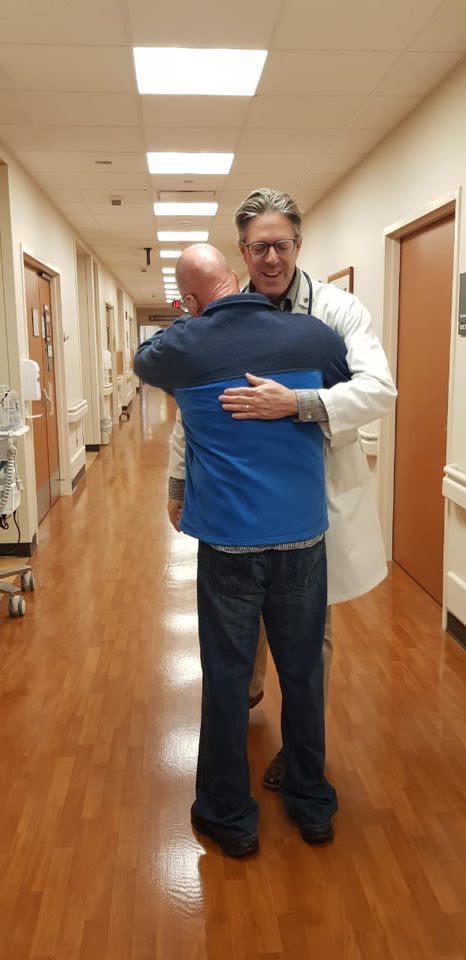Visionary Doctor Seeks New Paths to Cure Cancer
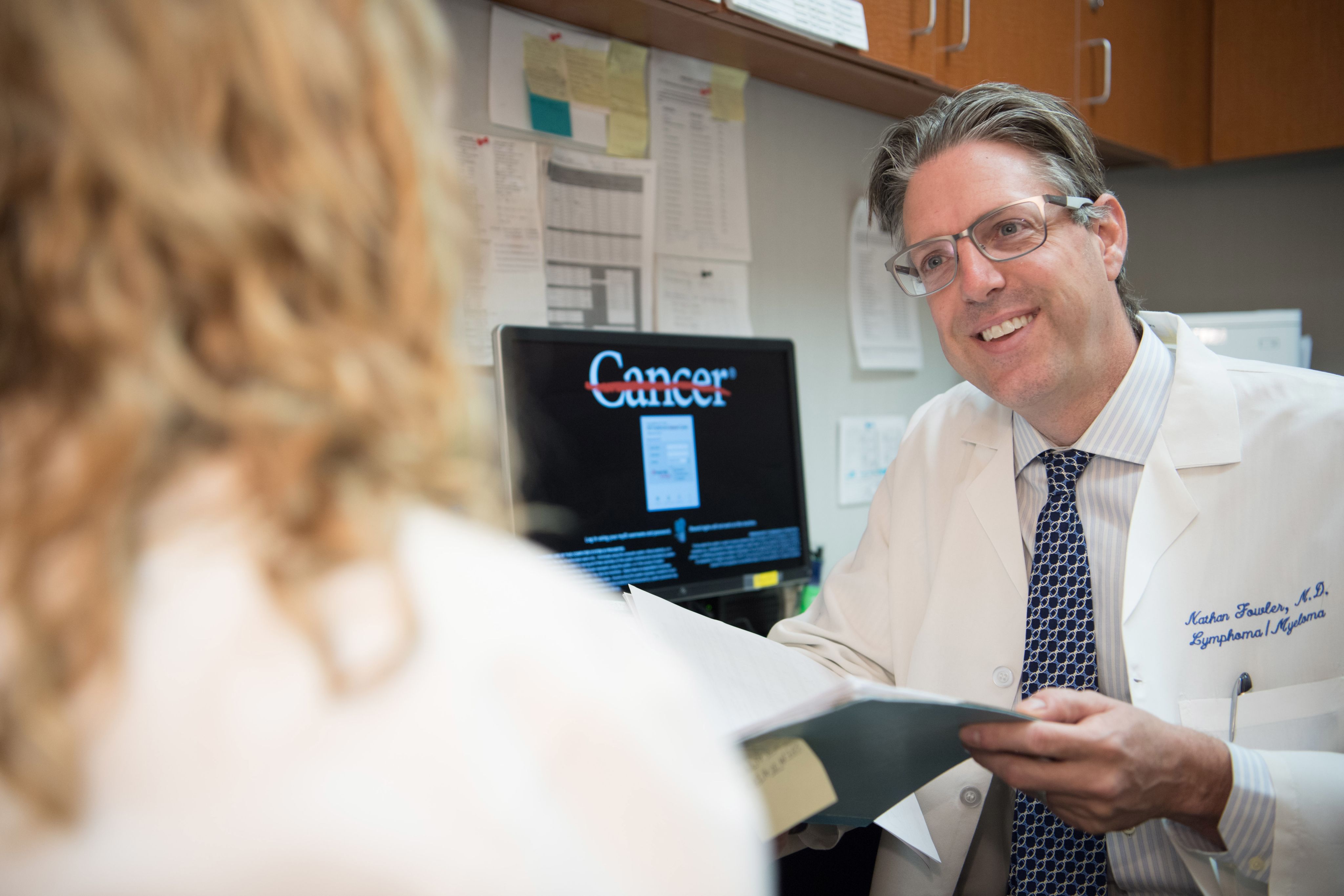
“We all have opportunities to do great things in our lives, but you have to be receptive to new ideas and willing to accept some risk,” attests Nathan Fowler, M.D. (B.S. ’96). “If you take a chance, work hard and follow something you truly believe in, you can change the world.”
Dr. Fowler has led a career of world-changing impact, focused on improving the treatment of cancer patients. As a professor at MD Anderson Cancer Center for over 15 years, he led trials that successfully brought numerous new drugs to the market. He now serves as chief medical officer at BostonGene, a private biotech company optimizing cancer treatment through DNA analysis.
“This will succeed, and we will revolutionize the way we practice cancer medicine,” he explains of the work. “I truly believe that we already have a lot of the cures for cancer today.”
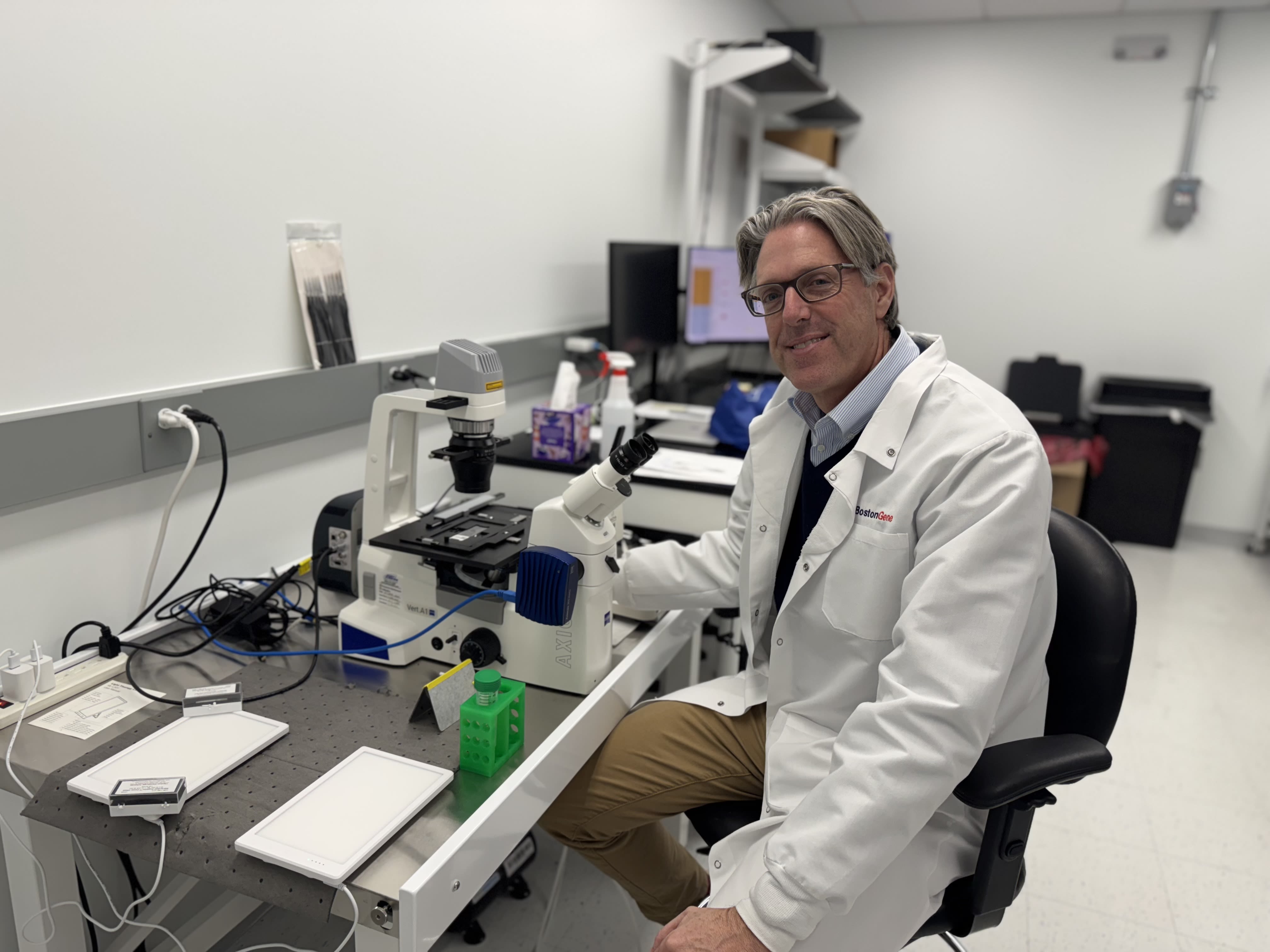
The issue is that despite the efficacy of many available cancer drugs, most treatments only work in a small minority of the patients. Existing tools which match patients with effective therapies are either underutilized or inaccurate. BostonGene is leveraging artificial intelligence and DNA to develop new tests that pair patients with the drugs best suited for their specific needs.
“By implementing our approach, we will not only save money and protect patients from toxic, ineffective treatments but, most importantly, cure more people with cancer.”
To get to where he is today, Dr. Fowler chose time and again to take the risks, chasing passion with conviction.
“One of the key elements of the way I’ve led my life is always being receptive to change. I never envisioned where I’d be today, but many times in my life I saw something that I was passionate about, and I changed my path to follow that dream.”
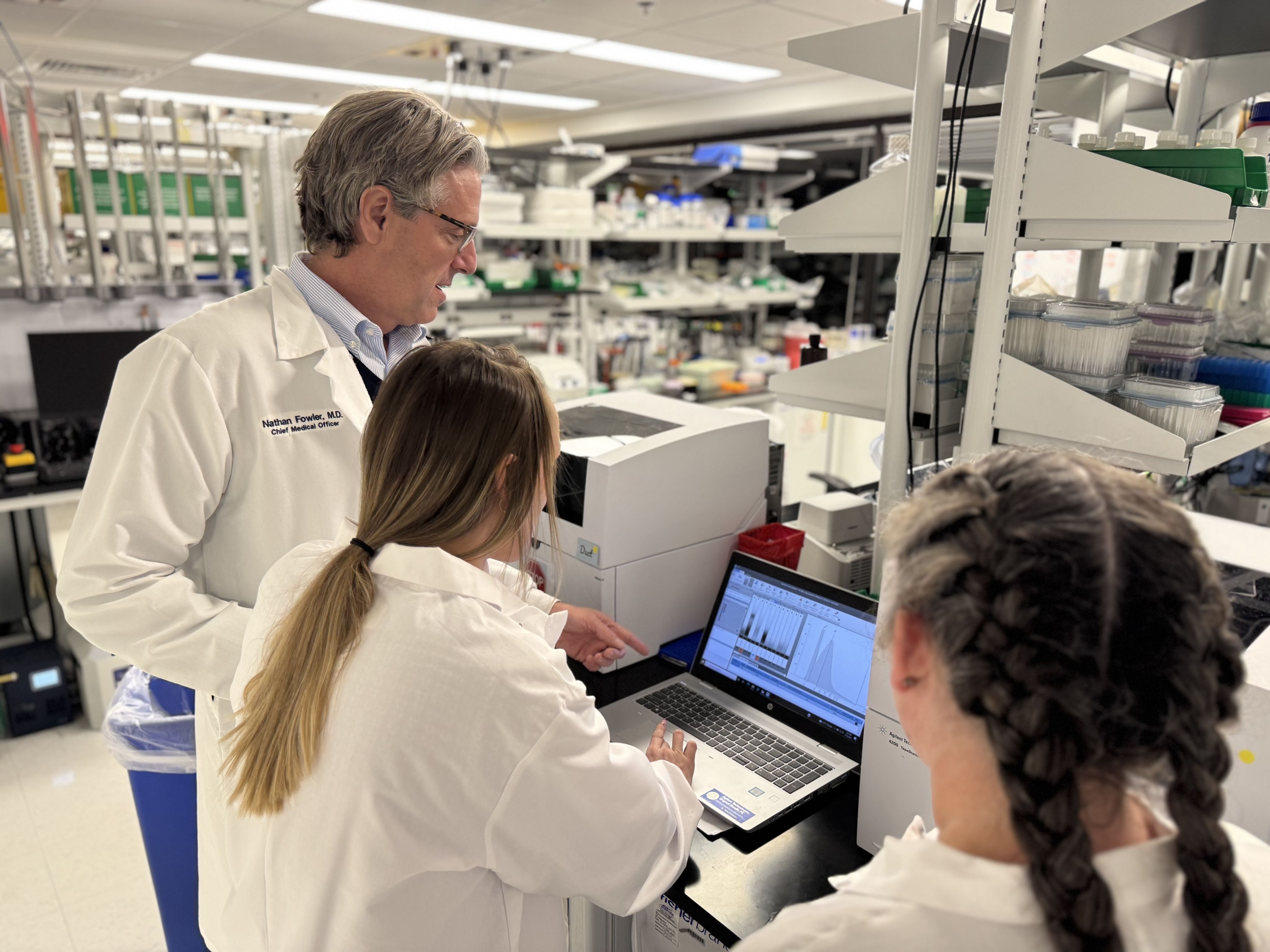
Fowler grew up in a small town in Ohio, surrounded by a strong work ethic.
“Both my family and our community were really focused on results. I knew from a very early age that if you put your mind to something, there was no limit to what you could accomplish.”
Raised in a single-parent home, his mother worked two jobs while raising him and his brother, putting herself through night school. She became a geophysicist and eventually retired as vice president of an energy firm.
“Watching her go from struggling to becoming very successful through hard work and ingenuity — that really gave my brother and me an example of how we wanted to lead our own lives.”
Coming from several generations of U.S. Army veterans, Fowler felt joining the military after high school was a natural step. Initially, he joined a combat unit as a tank driver, but an opportunity arose to study nuclear, biological and chemical defense.
“That was my real exposure to human biology and how science could be used both in a bad way and in a good way.”
He learned not only about how chemical and nuclear weapons would affect the body, but also how to defend and treat a unit hit by a chemical weapon.
“For me, it was the ‘a-ha’ moment. I absolutely loved learning the science and how to use it in a practical way. I would read ahead each week, and I went from being at the bottom of my class in high school to valedictorian of this U.S. Army school.”
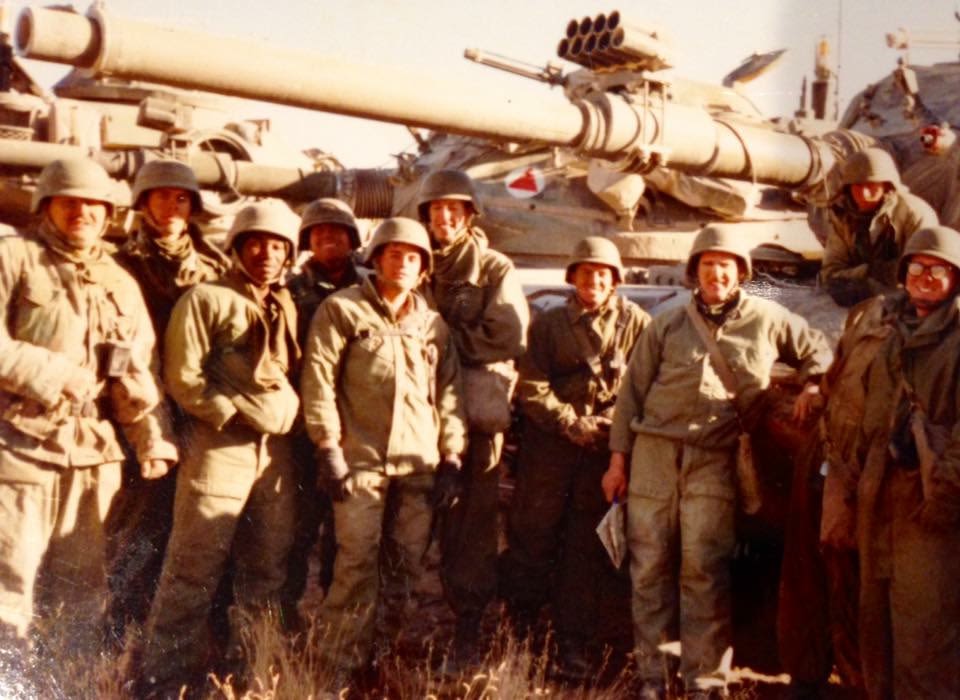
Fowler applied for an early discharge from the Army after being accepted to the University of Houston to study biology. Following his interest in applying science to treatment, he continued to medical school at UTMB in Galveston and then to a competitive cancer fellowship at Georgetown University. His decision to become a cancer doctor came after an inspirational meeting with a cancer doctor who not only was a good scientist but also fostered close relationships with his patients.
“I remember thinking, ‘That’s who I want to be,’” he recalls.
To pursue the spot at Georgetown, he drove to Washington, D.C. and spent a month helping out the doctors.
“I would do anything. I’d get them coffees; I’d write their notes. I just wanted to show what a great worker I was.”
With strong recommendations, he was selected from hundreds of candidates for one of only two available spots and eventually became the chief fellow for the program. Wanting to return to Texas, he moved to Houston to work at MD Anderson, where he became the youngest section chief in his unit and later the director of all research across lymphomas. He pioneered several new therapies for lymphoma, including three FDA-approved drugs that have changed the treatment of cancer worldwide.
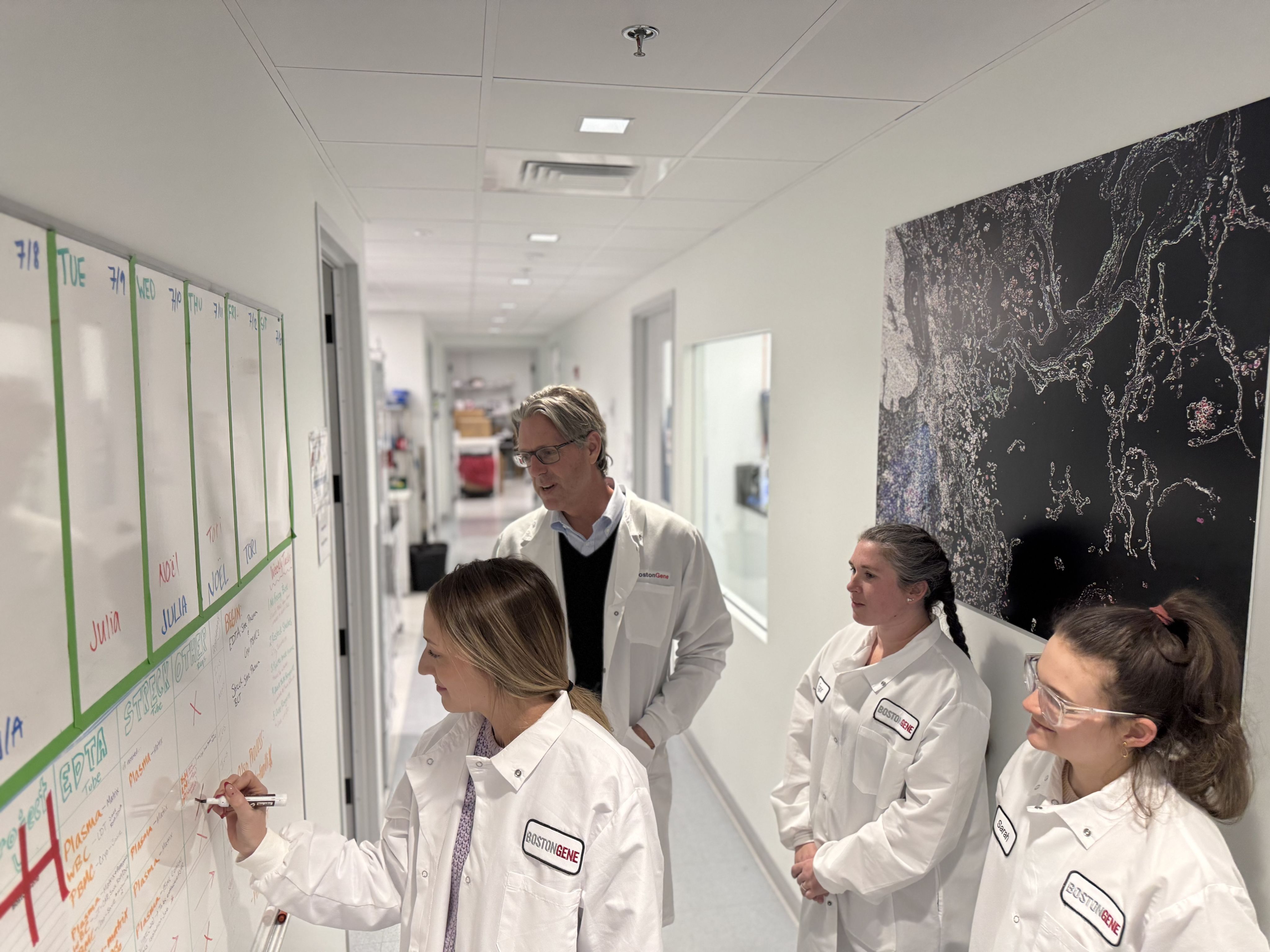
Recognizing the housing challenges faced by many of his out-of-town patients, he also founded the Halo House Foundation, which provides affordable lodging for cancer patients and their families. Today, the Foundation stands as the largest housing facility for blood cancer patients in the U.S, providing over 70,000 nights of housing since opening.
At BostonGene, Dr. Fowler is at the forefront of a groundbreaking approach to use AI to detect patterns in DNA to help doctors select the best treatment for each patient. Under his leadership, the company has expanded its testing globally and currently partners with leading institutions such as Harvard, Mayo Clinic, MD Anderson and more than 20 other cancer centers across the U.S. and Japan.
Reflecting on his journey, Dr. Fowler credits the University of Houston for giving him a path forward.
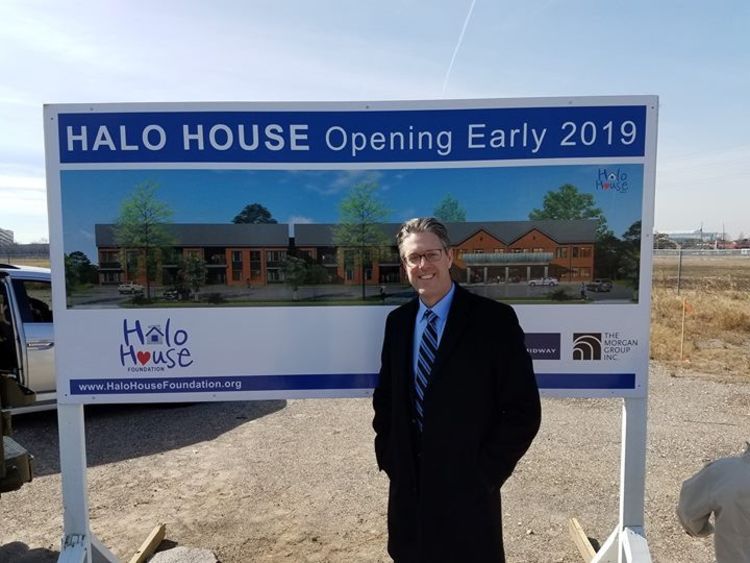
“I was an atypical student. UH took a chance on me. It provided me with the initial structure that powered my way through multiple points in my life. I never would have gotten to any of that if UH hadn’t given me the opportunity.”
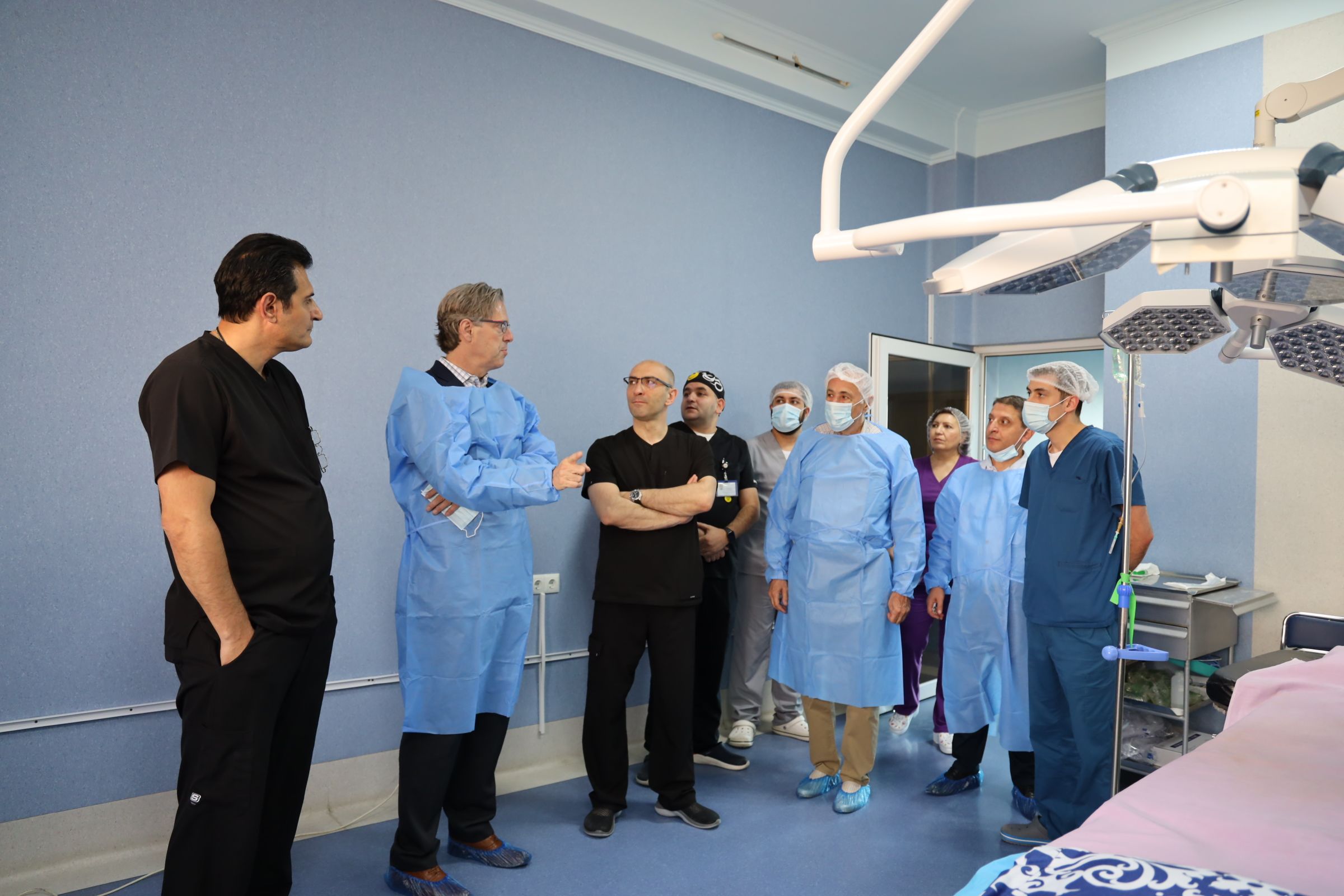
In turn, he gives back by serving as an educational adviser for UH’s Tilman J. Fertitta Family College of Medicine, helping to shape the next generation of medical professionals while maintaining that true success stems from genuine interest.
“If you follow what you’re truly passionate about, you’ll usually do well because you’re motivated by something other than money or fame. You’re motivated by a true desire to follow something that you love and believe in.”
